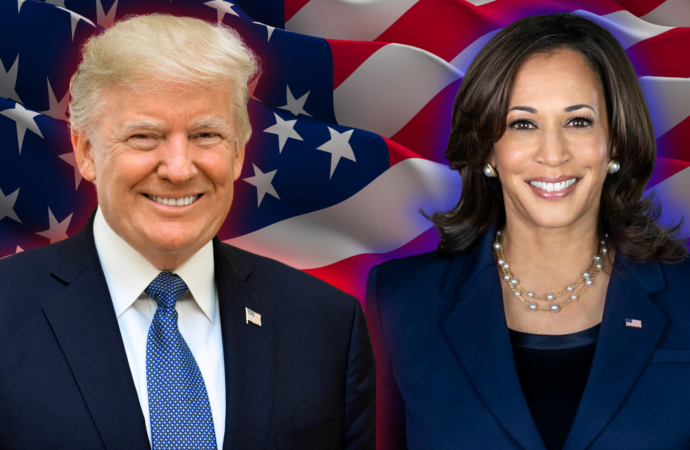If a presidential candidate wins the election by a margin of 60–40, it is called a “landslide.” The winning party has a strong mandate to pass its policy program—and the losers face an uphill battle to stand up to the majority. Yet consider that 40 percent of the electorate equates to about 93.4 million people. Is it really a good idea to run roughshod over the values of so many people just because they’ve lost an election?
The question answers itself. There are many reasons why democratic elections don’t give the victors a blank check to pass whatever policies they can get away with. In fact, as ruling by bare majority has become common and as the United States has drifted away from acting as a republic, the nation has grown increasingly unstable.
For all our attachment to democratic principles, it’s worth remembering that democratic majorities are typically formed by the most powerful interest groups in any society. When they win elections, these groups get a chance to use the powers of government to dictate to their neighbors. That temptation is difficult to resist.
Perhaps it’s for that reason that the first U.S. presidential elections weren’t decided by popular vote. Instead, they were left to the hand-picked members of the electoral college, who were selected by state legislatures. It’s not that the college was immune to corruption—no human organization can be. But by sheltering the choice of president from the general public, the Founders hoped to limit the role that passion and self-interest could play in American politics.
Their plan seems to have worked. When George Washington was unanimously chosen as the first president, he didn’t use his political power to ram controversial policies through Congress. In fact, he didn’t make many concrete policy proposals on his own. Instead, he directed the legislature to “refer to the great constitutional charter under which you are assembled, and which, in defining your powers, designates the objects to which your attention is to be given.” In other words: Don’t let me tell you what to do. Just follow the Constitution.
If it’s impossible to imagine any president doing so little today, that may be because the presidency is now a political role. As democratically elected executives, presidents are incentivized to play politics. And since, as the political philosopher Michael Oakeshott put it, “politics is the art of inflaming and directing desire,” presidents can’t get elected without making policy proposals.
Where does this leave the losers? In an unenviable position. Because the executive now spearheads legislation, presidents are evaluated on the basis of the laws passed in Congress during their tenure. The more significant the legislation, the more “successful” the presidency. In other words, presidents are said to have done their jobs when they impose their pet policies on the losing side.
In addition to eroding the separation of powers, this formula has made American government fundamentally unstable. After all, each time the presidency changes hands, foreign and domestic policy undergo a profound transformation. Worse still, it pits voters against one another.
When one candidate wins more votes than another, they have been chosen to fill the role defined in the Constitution—and that is all. The notion that policy decisions are to be made by democratic majorities would have been alien to the Founding Fathers, who created a republic, not a democracy.
By making policy the focus of presidential elections, Americans have weakened the foundations of our government. The genius of the Constitution is that it protects Americans from the power of the majority. Now that our rights are up for debate every four years, it’s no wonder that we’re losing so many of them.
—
1 comment















1 Comment
Thomas K Horn
November 4, 2024, 6:28 pmVery intersting article. It does make me think and the author is mostly correct. The founding father were attempting to create a government where the minority was somewhat protected from the majority. The founding fathers did not want a tyrannical majority.
REPLY